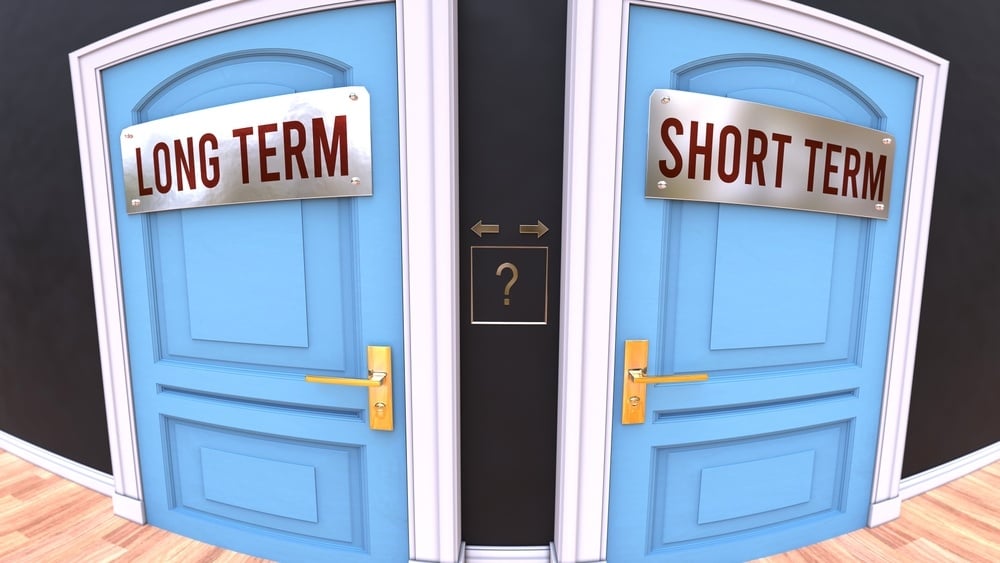As an HOA management company, one of the most pressing issues facing homeowners associations today is how to handle short-term rentals. Short-term rentals, such as those offered through Airbnb and other vacation rental platforms, have become increasingly popular in recent years. While they can provide homeowners with an additional source of income, they can also lead to a range of problems for HOAs, including noise complaints, property damage, and parking issues. Let’s explore some best practices for HOA boards when it comes to managing short-term rentals.
Understand Your Local & State Laws
The first thing that HOA boards need to do when it comes to short-term rentals is to understand the local and state laws and regulations that apply to them. Some cities and states have enacted laws specifically aimed at regulating short-term rentals, while others have not. HOA boards should familiarize themselves with any local laws and regulations that are in place and ensure that they’re complying with them. This may involve working with legal counsel or consulting with local government officials.
Create Clear Rules and Regulations
Once the HOA board has a clear understanding of the local laws and regulations governing short-term rentals, the next step is to create clear rules and regulations for the community. These rules should be communicated to all homeowners and renters in the community and should cover issues such as noise, parking, and property damage. The rules should also outline any penalties or fines that will be imposed for violations.
Enforce Rules Consistently
One of the biggest challenges that HOA boards face when it comes to short-term rentals is enforcing the rules consistently. Homeowners who engage in short-term rentals may argue that they are being unfairly targeted, particularly if other homeowners are engaging in similar behavior without consequences. To avoid these issues, HOA boards should enforce the rules consistently and impartially.
Consider Insurance Requirements
Another important consideration when it comes to short-term rentals is insurance. HOA boards should review their existing insurance policies to determine whether they provide adequate coverage for short-term rentals. If not, they may need to consider purchasing additional insurance or requiring homeowners who engage in short-term rentals to obtain their own insurance policies.
Utilize Technology to Monitor Short-Term Rentals
One of the challenges with short-term rentals is that they’re often marketed online, making it difficult for the HOA board to identify violators. However, there are tools available that can help. Some companies specialize in monitoring short-term rental activity in HOA communities and can alert the board when violations occur.
Educate Homeowners About the Rules
It's important to educate homeowners about the association's rules regarding short-term rentals. This can be done through newsletters, emails, or even town hall meetings. By educating homeowners, the HOA board can help prevent violations before they occur.
Consider the Impact of Short-Term Rentals on the Community
Finally, it's essential to consider the impact that short-term rentals may have on the community. While they can provide homeowners with additional income, they can also be disruptive to neighbors and may lead to increased wear and tear on common areas. The HOA board should carefully consider these factors when making decisions about short-term rentals.
In some cases, HOA boards may want to consider alternatives to outright bans on short-term rentals. For example, some communities have successfully implemented programs that allow homeowners to engage in short-term rentals under certain conditions, such as obtaining a permit or paying a fee. These programs can provide homeowners with additional income while also addressing some of the concerns that the HOA board may have about short-term rentals.
Short-term rentals can be a divisive issue for HOA boards and homeowners alike. However, by understanding local laws and regulations, creating clear rules and regulations, considering insurance requirements, enforcing rules consistently, and considering alternatives, HOA boards can effectively manage the issue of short-term rentals in their communities and ensure that the community remains a desirable place to live.
At Hignell HOA Management, we’re here to help associations nationwide navigate these challenges and develop solutions that work for their communities.

.jpg)








